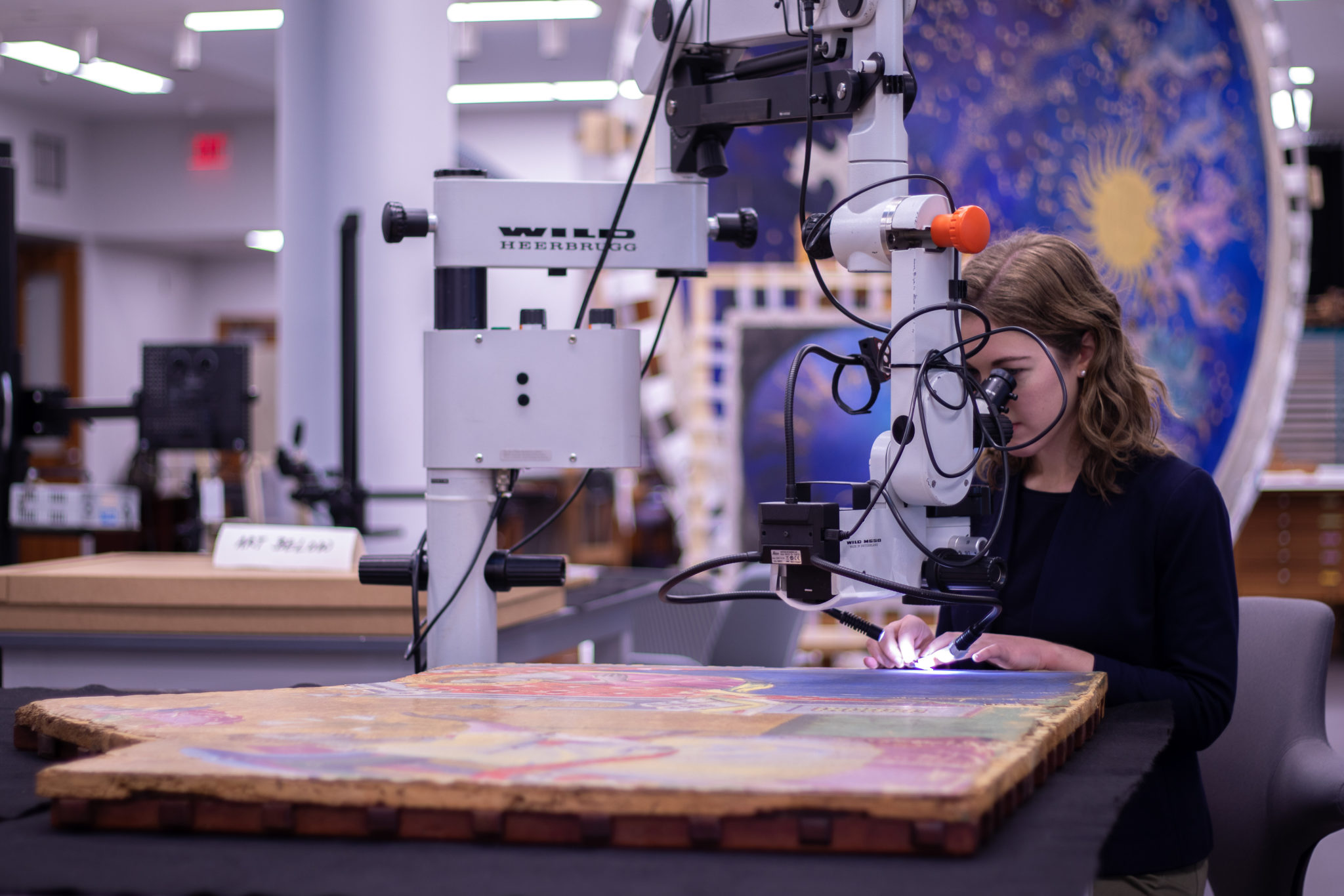
From Nobel laureates to Netflix shows, Yale’s researchers have set global standards with the knowledge they have produced.
Even as many scientists make history with their work on the coronavirus pandemic, many are also fighting to keep other research alive at the University. These researchers have unearthed groundbreaking discoveries over the last few years and have been featured or honored in the media.
With regard to the coronavirus crisis, researchers such as professor of epidemiology and medicine Albert Ko have led crucial research efforts on the virus, while engineering laboratories are developing efficient ventilators to combat the shortage in hospitals.
In order to combat the mental health issues that many are facing due to social distancing, professor of psychology Laurie Santos has made her famous class “Psychology and the Good Life” available online for free.
“Everyone knows how to protect their physical health … but I think people want similar actionable tips to improve their mood and well-being during this challenging time,” Santos wrote to the News in an email.
Santos made headlines in 2018 when her course became the most popular course in Yale’s history. Her class became a sensation due to its evidence-based approach to improving mental health. Santos now has a successful podcast, “The Happiness Lab,” has contributed to the Netflix show “Explained” and has made her class available on the Coursera platform under the title “The Science of Well-Being.”
“My … hope is that [the podcast’s] listeners will be people that don’t have time to take a full online class but want to learn some bite-size tips about why to live better,” Santos said.
In terms of non-coronavirus news, Nenad Sestan, Harvey and Kate Cushing Professor of neuroscience, was recognized by “Nature” for his study on the restoration of cellular function in dead pig brains. The researchers were able to prevent the decomposition of brain tissue and restore some cell function by injecting a mix of cell-rejuvenating compounds into the pigs’ brains.
“Being part of such an exciting project has been a life-altering experience,” said Stefano Daniele GRD ’21, currently in the joint MD-Ph.D. program at the Yale School of Medicine.
The study could have massive implications for the field, since it can be used for drug testing and could help scientists gain a greater understanding of brain plasticity. The paper received recognition from over 355 news outlets worldwide.
Researchers at Yale’s Zimmerman Lab also made groundbreaking discoveries related to the new e-cigarettes, such as Juul, which are gaining popularity among teenagers. Research by Yale scientists gained attention for demonstrating that people inhale dangerous compounds when using one of these products. The discovery showed that the chemicals inside vape “pods” change when puffed and warmed by the device. However, the scientists admitted that there is still much not known about Juul and other vaping products.
“We know now that there are reactions taking place but we don’t really know what the implications are,” said Hanno Erythropel, a postdoctoral associate at the lab.
Other researchers were also featured on television, such as Diego Ellis Soto GRD ’24, who works at the Jetz Lab and studies giant tortoises in the Galapagos. Soto was featured in a BBC Two program, “Equator from the Air,” which follows him and his team as they attempt to use technology to find tortoise nests and protect them from predators.
Soto uses drone-generated maps and GPS tags to locate the nests and subsequently places them in a protected environment to prevent their extinction. He hopes that this work can help protect the species for a long time, since the tortoises can live for centuries.
“It brings me great satisfaction to know that my work has appeal to the public,” Soto said.
Scientists at Yale have also gained recognition from international organizations. Nicholas Read, Henry Ford II Professor of physics, was elected this year as a fellow of the Royal Society in the United Kingdom, one of the most prestigious honors for scientists.
Another distinction was awarded to John Goodenough ’44, who studied mathematics at Yale. He received the Nobel Prize in chemistry in 2019 for his work developing the lithium battery, which is present in almost all modern rechargeable electronics.
Also in 2019, five faculty members were elected to the National Academy of Medicine (NAM), an institution with over 2,000 members who advise on public policy decisions and discuss significant scientific issues.
“Being elected to the NAM is very special to me as it reflects the recognition that my peers within Yale and all over the world have for my lifetime contributions to the field of public health nutrition,” said Yale School of Public Health professor Rafael Pérez-Escamilla.
Yale has suspended all non-critical lab research as a result of the COVID-19 pandemic.
Beatriz Horta | beatriz.horta@yale.edu






